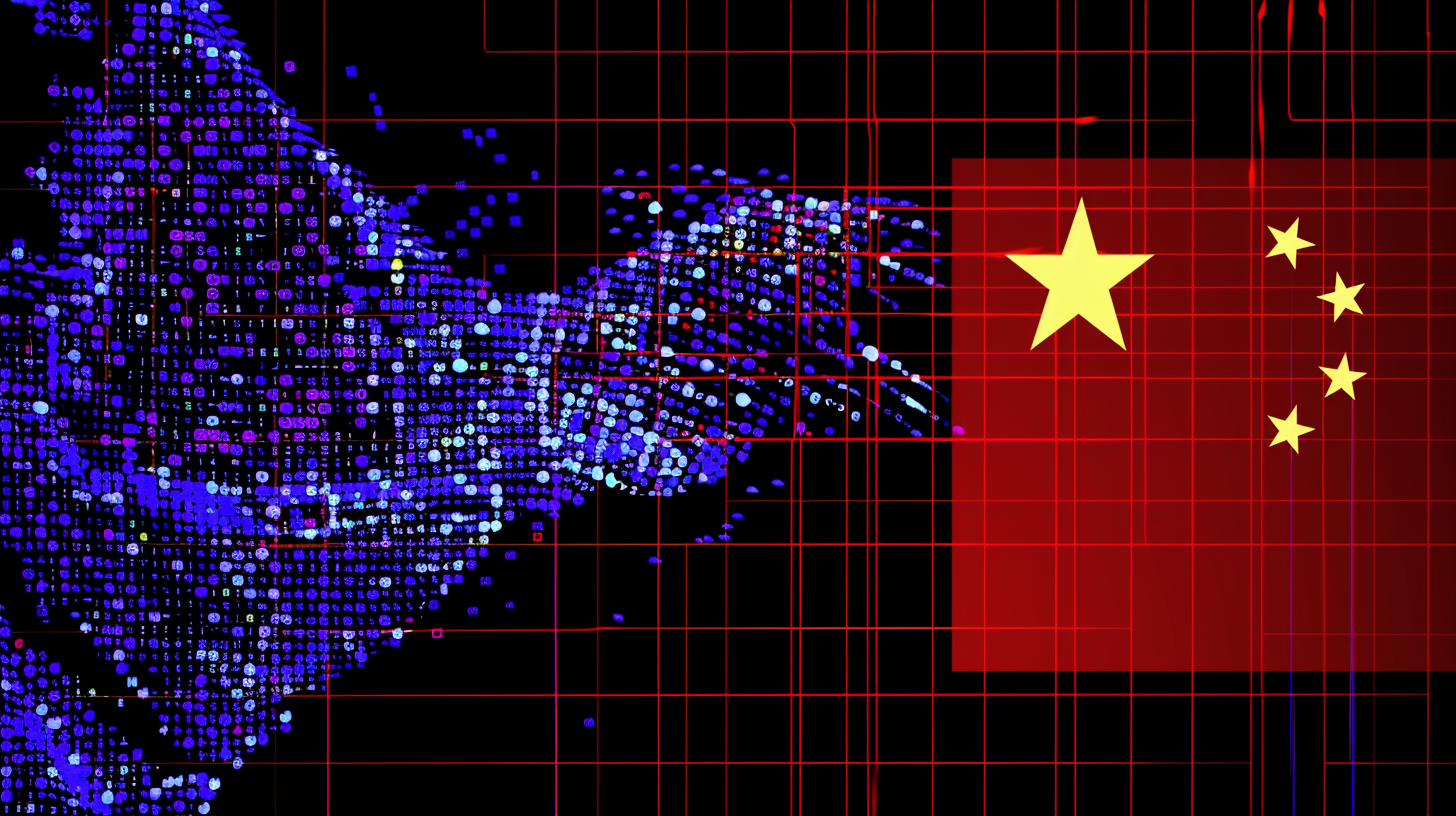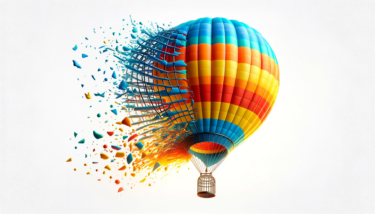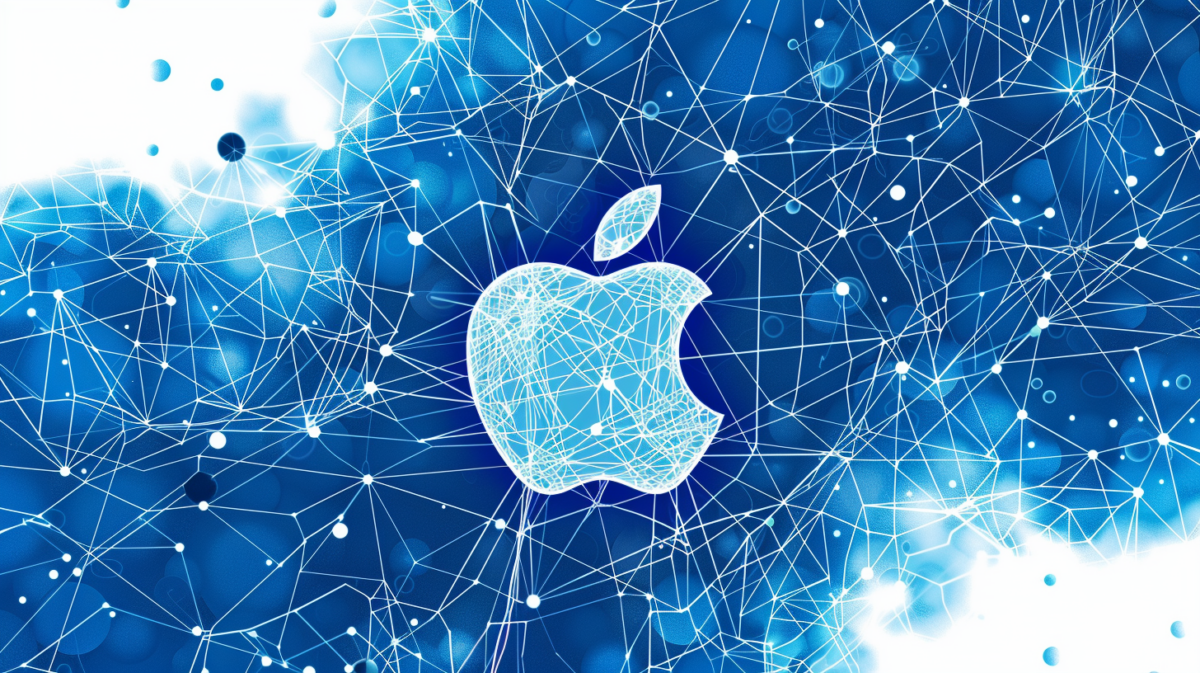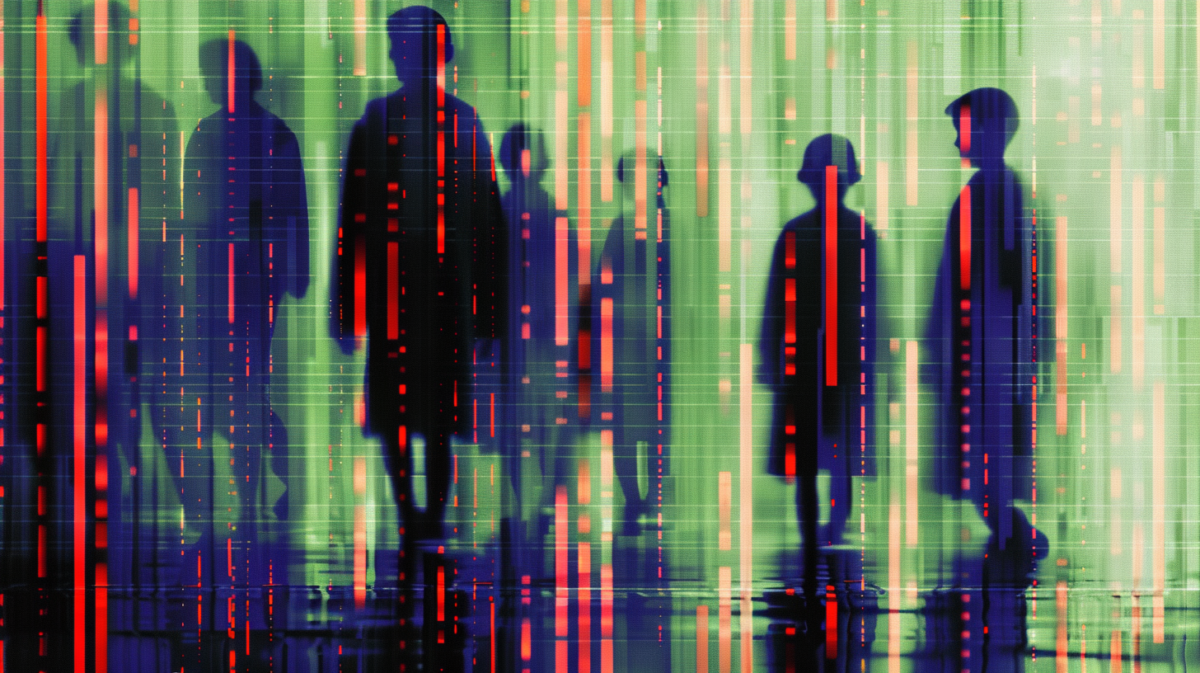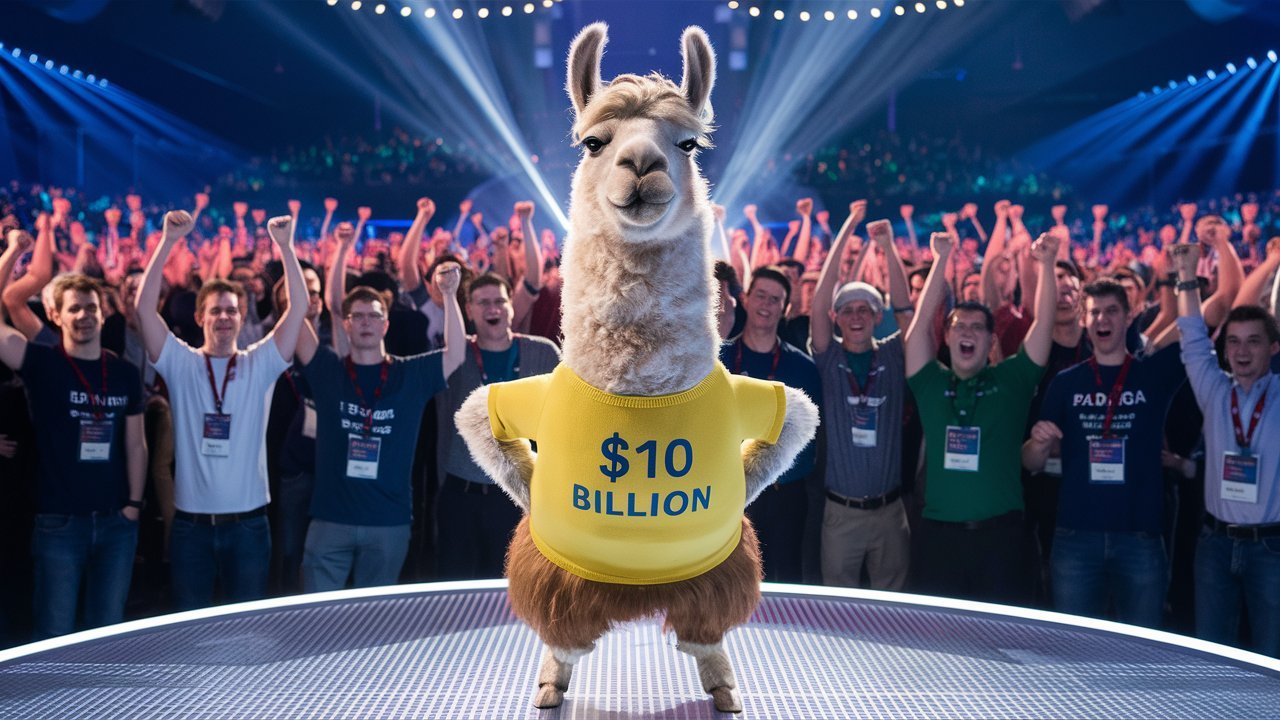China’s AI models soar with help from US open-source technology
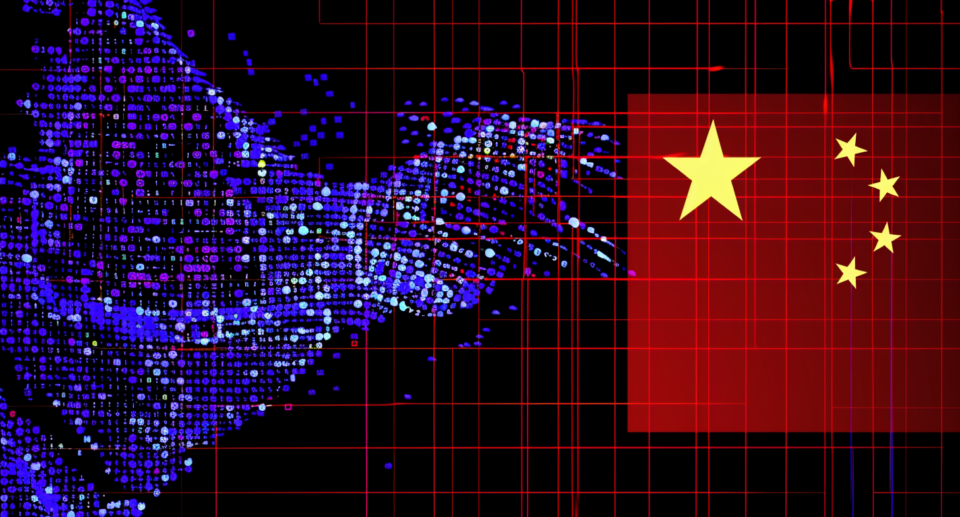
Chinese tech companies are developing AI models that rival Western systems, driven by open-source developments from the US.
According to interviews with a dozen technologists and researchers from Chinese tech companies conducted by the New York Times, open-source technologies are a key driver of China’s rapid AI progress and an “opportunity for the country to take a lead.”
Lately, Chinese tech firms have unveiled AI systems that compete with leading US technologies. One example is the Kling video generator from Chinese internet company Kuaishou, available in China for over a month and globally since Wednesday.
Startup 01.AI has also released chatbot technology that matched US models in common benchmarks at launch. Chinese cloud giant Alibaba showcased a powerful AI solution too.
Ad
Regulating open-source AI is a balancing act. If the West cracks down on its own open-source projects, potentially slowing China’s progress, Chinese projects could become the standard in the medium term. It’s still uncommon for Chinese tech companies to release open-source technology that’s widely adopted in the West, but it is happening.
Chinese companies are also more willing to release technologies to consumers, while Western firms and governments still have concerns about issues like misinformation. OpenAI CEO Sam Altman recently cautioned that exporting or importing AI also means exporting or importing values.
AI models developed in China have to be vetted for alignment with socialist values before release. Generative models can’t output images or text that clash with the government’s political agenda.
The Kling video generator illustrates both misinformation risks and value distortion. Prompts for “Tiananmen Square Protests” result in error messages, while the system generates video of the White House burning.
Video: Christian Bennefeld via LinkedIn
Recommendation
The US aims to slow Chinese AI development through export restrictions on advanced AI chips, and export restrictions on AI models could be coming. OpenAI has also announced plans to more strictly limit the use of its services from China and other authoritarian states.
Support our independent, free-access reporting. Any contribution helps and secures our future. Support now:
- Chinese technology companies are developing AI models such as video generators and chatbots that can compete with leading U.S. systems. They are also benefiting from open-source technologies from Western companies.
- Regulating open-source AI is a challenge: If the West slows down its own open-source projects, Chinese technologies could become the new standard. Chinese companies are also more willing to share their AI systems with consumers.
- In China, AI models must be reviewed for compliance with socialist values before they are released. The Kling video generator illustrates the problem of importing AI from countries with different values: videos of the Tiananmen Square protests are rejected with an error message, but a video of the burning White House is generated.





